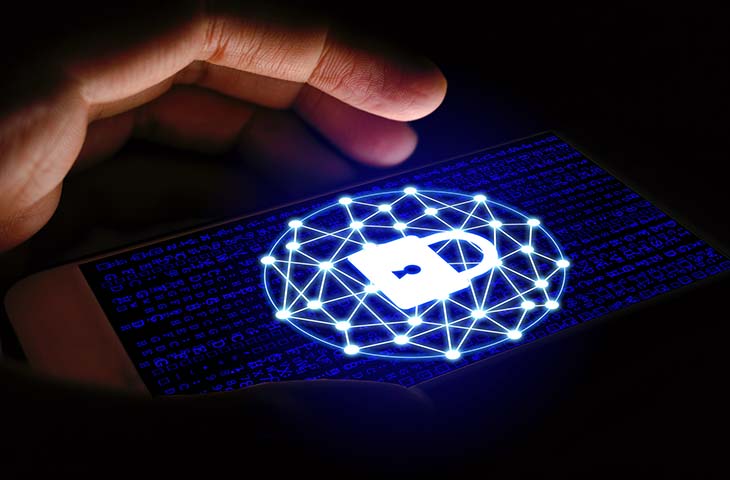So you’ve locked up your data. But who has the key?
There is no denying that mobile devices have drastically changed the way in which business is done. Employees are no longer confined to their desks and by their office walls; mobile devices have enabled them to conduct business anywhere, any time. As more technologies add mobile interfaces this trend will only intensify. It’s critical that organizations provide employees with the tools they need to communicate with one another. However, it’s also critical that they do so in a way that does not sacrifice the security of your sensitive business and customer data.
The Encryption Fiction
Mobile chat apps such as WhatsApp are commonly used by employees to communicate with one another. In most cases, the choice to use applications, such as WhatsApp, does not occur at the corporate level. Instead, due to prior personal use, employees often shift their work communications into these apps as a matter of convenience. As these apps are often encrypted, users believe that their communications are secure and private.
However, encryption does not equal privatization. Encryption refers only to the process of encoding a message in such a way that only authorized individuals can access and read it. While often equated with privatization, it is not the same. Even if a mobile chat app is encrypted, the data sent via these apps can still reside elsewhere. Yes, you’ve technically “locked up” your data, but you’ve given the key to someone else.
Enter Facebook (Surprise, Surprise!)
In the case of WhatsApp, this someone else is their parent company. And guess who happens to be their parent company? That’s right, it’s Facebook. This means that mobile data sent via WhatsApp is owned by Facebook and stored on their servers. This is problematic for two reasons. First, it gives Facebook the right to do whatever they want with this data, regardless of how sensitive it may be. Second, it opens organizations up to security issues as their data is held by a company that is a common target for hackers.
No one likes a data breach. Especially your customers.
As explained above, with a lack of privatization comes an increase in the risk of data breaches. These breaches can cause significant financial, regulatory and reputational damage. This is especially true in the financial sector, where there is a wealth of sensitive personal and financial information. A data breach can lead not only to non-compliance penalties, but also a decrease in brand integrity and trust, and consequently the loss of both potential and current customers.
Keep Your Kathy(s) Chatty (and their data secure)
While the risks mentioned above may make you question the use of mobile communication, beware of turning off an efficient communication channel that can increase employee productivity. Instead, provide your employees a mobile chat app that is both encrypted and privatized as well as secure. This will provide your employees with the flexibility to stay connected in real-time, from any location, while ensuring that sensitive business and customer data is protected and does not end up in unintended hands. It’s the best of both worlds!
Learn more about MobiConnect, a secure, privatized and encrypted chat app for your workplace here – https://www.mobilearth.com/mobiconnect-secure-chat










